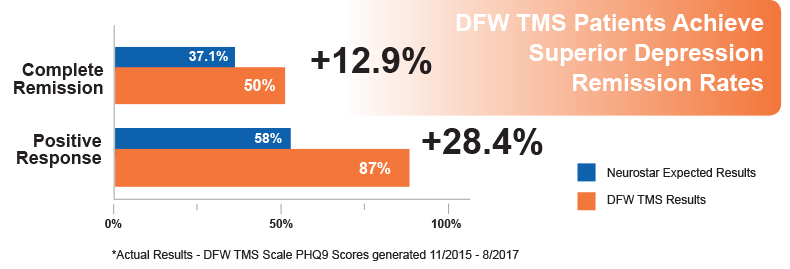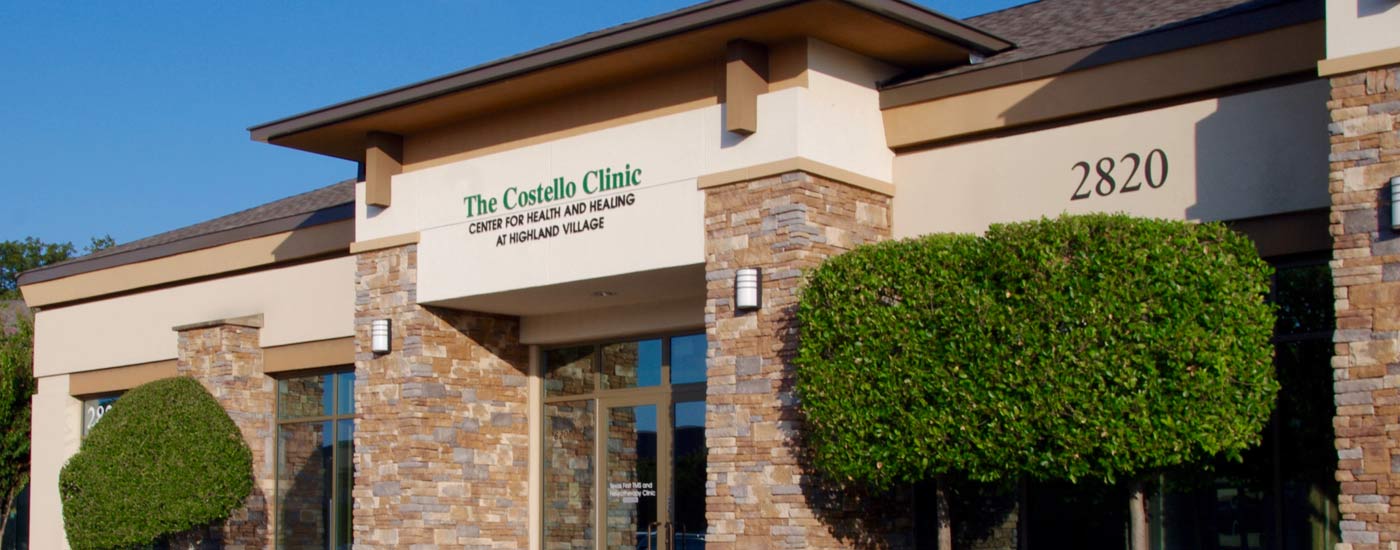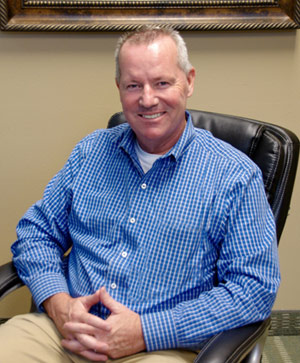Is depression a serious disease?
Are some people more likely to become depressed than others?
What are the symptoms of depression?
What are the current approved treatments for depression?
What is transcranial magnetic stimulation?
What is major depression?
Major depressive disorder is a condition which lasts two or more weeks and interferes with a person’s ability to carry out daily tasks and enjoyed activities that previously brought pleasure. This condition affects approximately 14.8 million American adults, or about 6.7 percent of the U.S. population age 18 and older.1
What causes major depression?
The exact cause of depression is not known, but leading research in Neuroscience point to an imbalance in the brain’s neurotransmitters as the manifestation of depression. Neurotransmitters are chemical messengers that send signals between brain cells. A person’s genetic make-up and life history may also determine a person’s tendency to become depressed.
How prevalent is depression?
In 2003 a study conducted by the Department of Health Care Policy at Harvard Medical School, reported that major depressive disorder will affect approximately 14.8 million American adults (about 6.7 percent of the US population) in a given year. 1
Is depression a serious disease?
Yes. The National Institute of Mental Health maintains that, “Depressive illness can often interfere with normal functioning and cause pain and suffering not only to those who have the disorder, but to those who care about them. Serious depression can destroy family life as well as the life of the ill person.” A national study of depression found that nearly all the respondents who reported a major depressive disorder also reported that their social and/or work lives were negatively affected by their illness.1 In 2000, the economic burden of depression was estimated at $83.1 billion in the US2 and researchers estimate that by the year 2020, depression will be the second leading cause of disability worldwide.3 Depression can also be a lethal disease. Each year in the US, over 30,000 people die by suicide, 60% of whom suffer from depression.4
Is there a depression cure?
There is no known cure for depression but with effective treatment, many patients can remain symptom free.
Are some people more likely to become depressed than others?
There are many factors which can predispose certain people towards depression more than others. However, the exact causation between these factors and the occurrence of depression are still being researched and debated. Some of these risk factors include:
- Suffering from certain medical illnesses such as stroke, heart attack, cancer, Parkinson’s disease, and hormonal disorders
- Hereditary predispositions to depression passed through genes
- Experiencing a serious loss, difficult relationship, financial problem, or any stressful change in life pattern
- Taking certain medications that may increase vulnerability to depression
What are the symptoms of depression?
According to the standard diagnosis guide (DSM-V) published by the American Psychiatric Association, depression is diagnosed when an individual is experiencing either a depressed mood or a loss of interest or pleasure plus four or more of the following depression symptoms during the same two-week period:
- Significant weight loss (when not dieting) or weight gain (a change of more than five percent of body weight in a month)
- Significant increase or decrease in appetite
- Excessive sleepiness or insomnia
- Agitation and restlessness
- Fatigue or loss of energy nearly every day
- Feelings of worthlessness or excessive and inappropriate guilt nearly every day
- Diminished ability to think, concentrate, or make decisions
- Recurrent thoughts of death or suicide
If you feel you or a loved one are experiencing any of these depression symptoms, contact your doctor and speak with them about your depression treatment options.
What are the current approved treatments for depression?
Depression is most often treated with psychotherapy (talk-therapy) and antidepressant medications administered together. Although antidepressants can be effective for many patients, they do not work for everybody. Additionally, since antidepressants are typically taken by mouth, they circulate in the bloodstream throughout the body, often resulting in unwanted side effects. More than 4 million patients do not receive adequate benefit from antidepressant medications and/or cannot tolerate the side effects caused by them. For these patients, alternative treatments are available which usually involve the use of a medical device. These treatments include: Transcranial Magnetic Stimulation (TMS), Electroconvulsive Therapy (ECT) and Vagus Nerve Stimulation (VNS).
What is transcranial magnetic stimulation?
Transcranial magnetic stimulation (TMS) uses electromagnetic pulses to stimulate nerve cells in the area of the brain thought to control mood. These pulses are thought to have a positive effect on the brain’s neurotransmitters levels. Treating depression with transcranial magnetic stimulation, may provide an alternative depression treatment for those who have not benefited from prior antidepressant medication.
References:
- Kessler, RC, et al. Prevalence, severity, and comorbidity of twelve-month DSM-IVdisorders in the National Comorbidity Survey Replication (NCS-R). Archives of General Psychiatry, 2005 Jun: 62 (6):617-27.
- Greenberg, PE, et al. The economic burden of depressive disorders in the United States: How did it change between 1990 and 2000? Journal of Clinical Psychiatry. 2003; 64 (12): 1465-1475.
- Murray CJ, Lopez AD. Evidence-based health policy—lessons from the Global Burden of Disease Study. Science. 1996; 274 (5288): 740-743.
- Heron, Melonie, et al. Deaths: Final Data for 2006. National Vital Statistics Reports, 57 (14). April 17, 2009.







